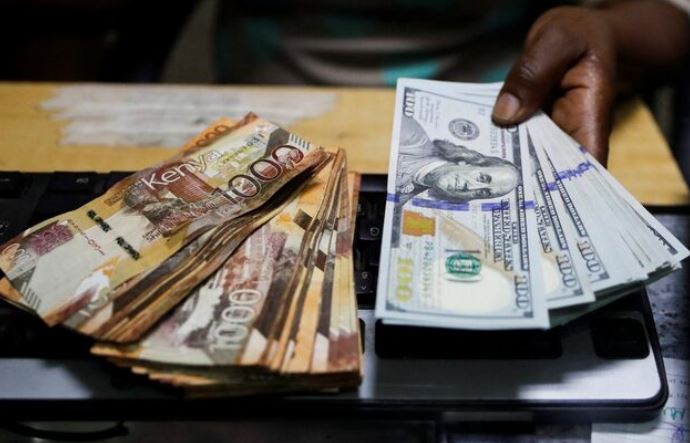Kenya nets Sh2.3 billion from international digital service providers

The bulk of the revenue came from the earlier Digital Service Tax (DST), which was introduced in June 2020 at 1.5 per cent of gross turnover before being replaced by the SEP Tax in December 2024.
Foreign digital service providers in Kenya have contributed Sh2.3 billion in taxes by August, with Sh300 million collected under the new Significant Economic Presence (SEP) framework.
The payments cover services such as streaming, software, and ride-hailing, marking a major step in regulating the fast-growing digital economy.
More To Read
- Communications Authority of Kenya takes LSK to court over controversial cybercrime law
- President Ruto cites big wins in jobs, digital economy and housing in 3-year scorecard
- Kenyans drop fridges, sofas and cars as loan collateral, turn to livestock
- Saccos outpace banks with affordable loans, but face liquidity challenges - Sasra
- 83 per cent of Kenya’s microloans under Sh1,000 go unpaid, says CBK
- One in four Kenyans remain jobless, TIFA survey shows
The bulk of the revenue came from the earlier Digital Service Tax (DST), which was introduced in June 2020 at 1.5 per cent of gross turnover before being replaced by the SEP Tax in December 2024.
According to Business Daily, Nickson Omondi, manager of the Digital Economy-Tax office, said companies registered under DST were automatically transitioned to SEP.
“Taxpayers automatically transitioned (from DST to SEP),” he explained, noting that the taxes applied to services including downloads, streaming platforms, software, and security software.
Treasury Cabinet Secretary John Mbadi has published draft regulations on the SEP Tax for public consultation.
Once operational, these regulations will require foreign firms to open accounts with local banks to qualify for refunds on overpaid taxes, addressing a challenge where previously there was no mechanism for recovery.
Kenya first attempted to tax online services in 2019, though the term “digital service tax” was not specifically mentioned in the Finance Act that year.
DST, which took effect the following year, exempted Kenyan residents from paying the levy in 2021.
The SEP Tax is applied at 30 per cent of a deemed profit equal to 10 per cent of gross turnover, effectively translating to three per cent of the total earnings from digital services in Kenya.
Major international companies, including Amazon, Microsoft, Netflix, Facebook, and Alibaba, provide services in Kenya without a physical presence and thus do not pay traditional income taxes.
Kenya ranks as the third-largest e-commerce market in Africa, after South Africa and Nigeria, according to the United Nations Conference on Trade and Development. Ride-hailing platforms such as Uber and Bolt, along with streaming services like Netflix, are already paying the SEP Tax as digital consumption grows across the country.
The draft regulations are designed to ensure smoother tax compliance and allow foreign firms to claim refunds on overpayments if they exit the market, improving the current system, where there was no clear way to recover surplus payments.
Top Stories Today














































